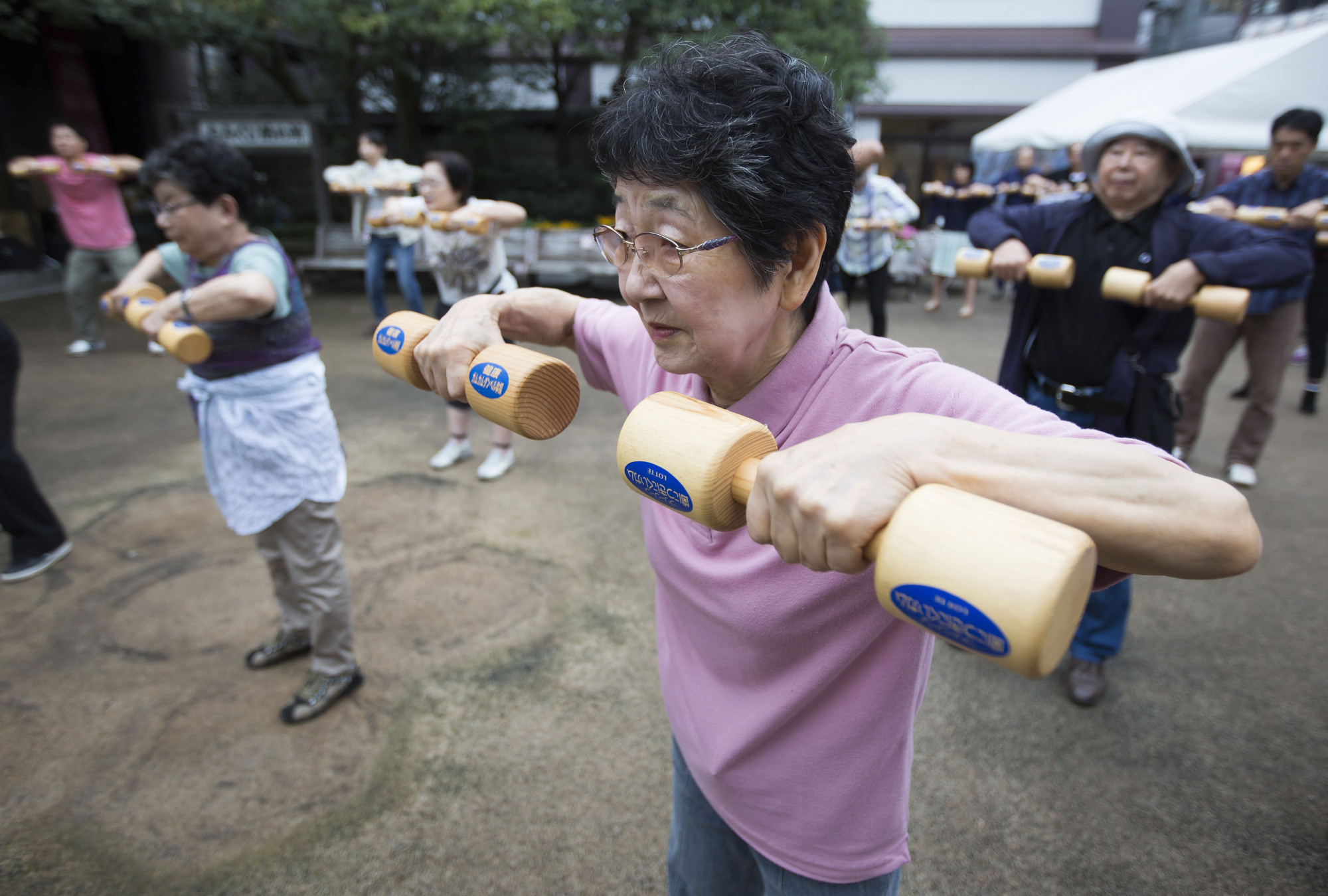In January, when researchers specializing in aging studies proposed that Japan redefine "elderly" as being aged 75 and older — instead of the current 65 — it raised more than a few eyebrows.
In a nation with a rapidly aging population, where the sustainability of the social security system is a top concern, the proposal set off fears in some circles that it could inspire the government to further push back the retirement age, forcing people to work beyond 65 and denying them pensions for another 10 years. It also left many young people worried that seniors will never leave the workforce, threatening their career prospects.
But Yasuyoshi Ouchi, who headed a committee of experts from the Japan Gerontological Society and the Japan Geriatrics Society that jointly came up with the proposal, said the conclusion was purely based on science. He said they found that older people in Japan are becoming "rejuvenated" by an average of five to 10 years, biologically and intellectually, compared with those a decade or two ago.



